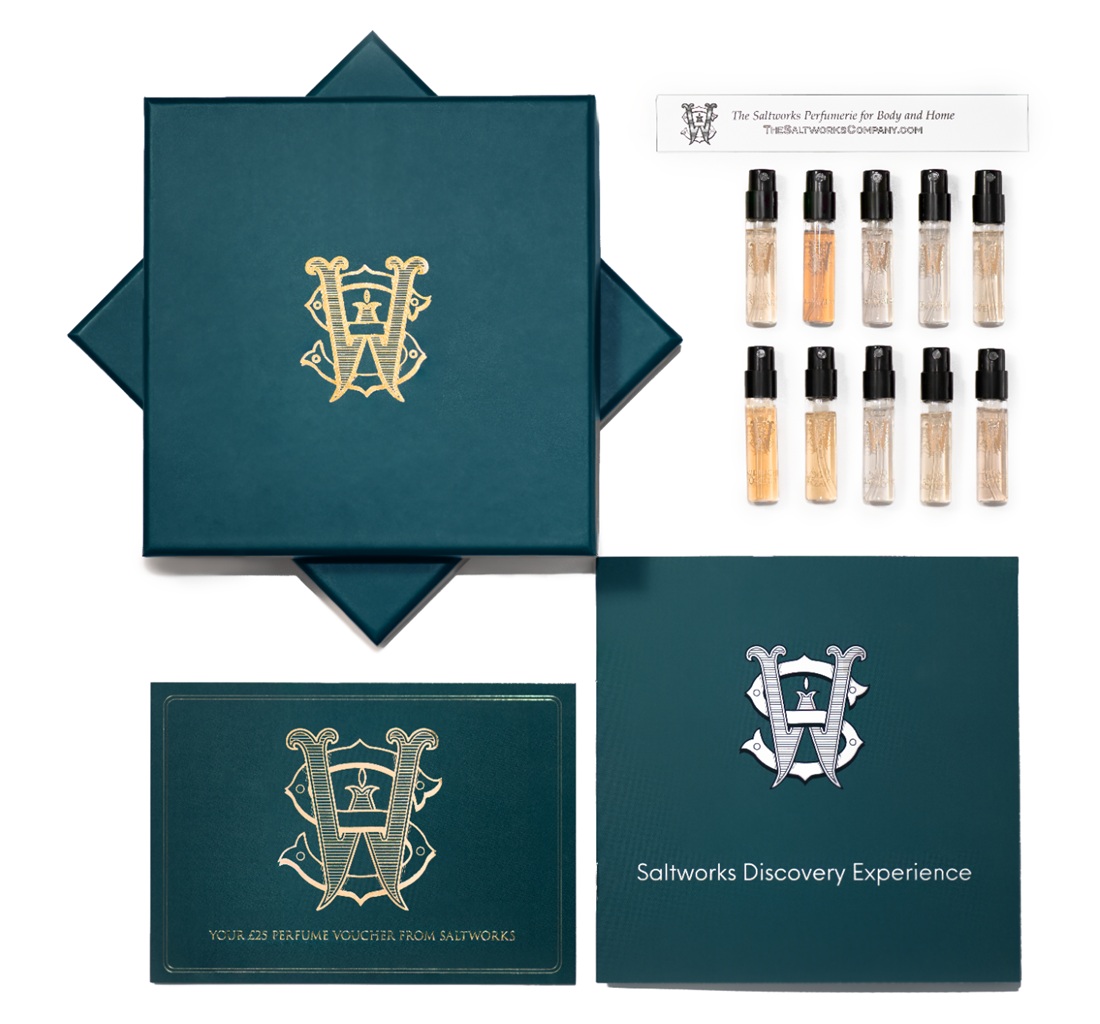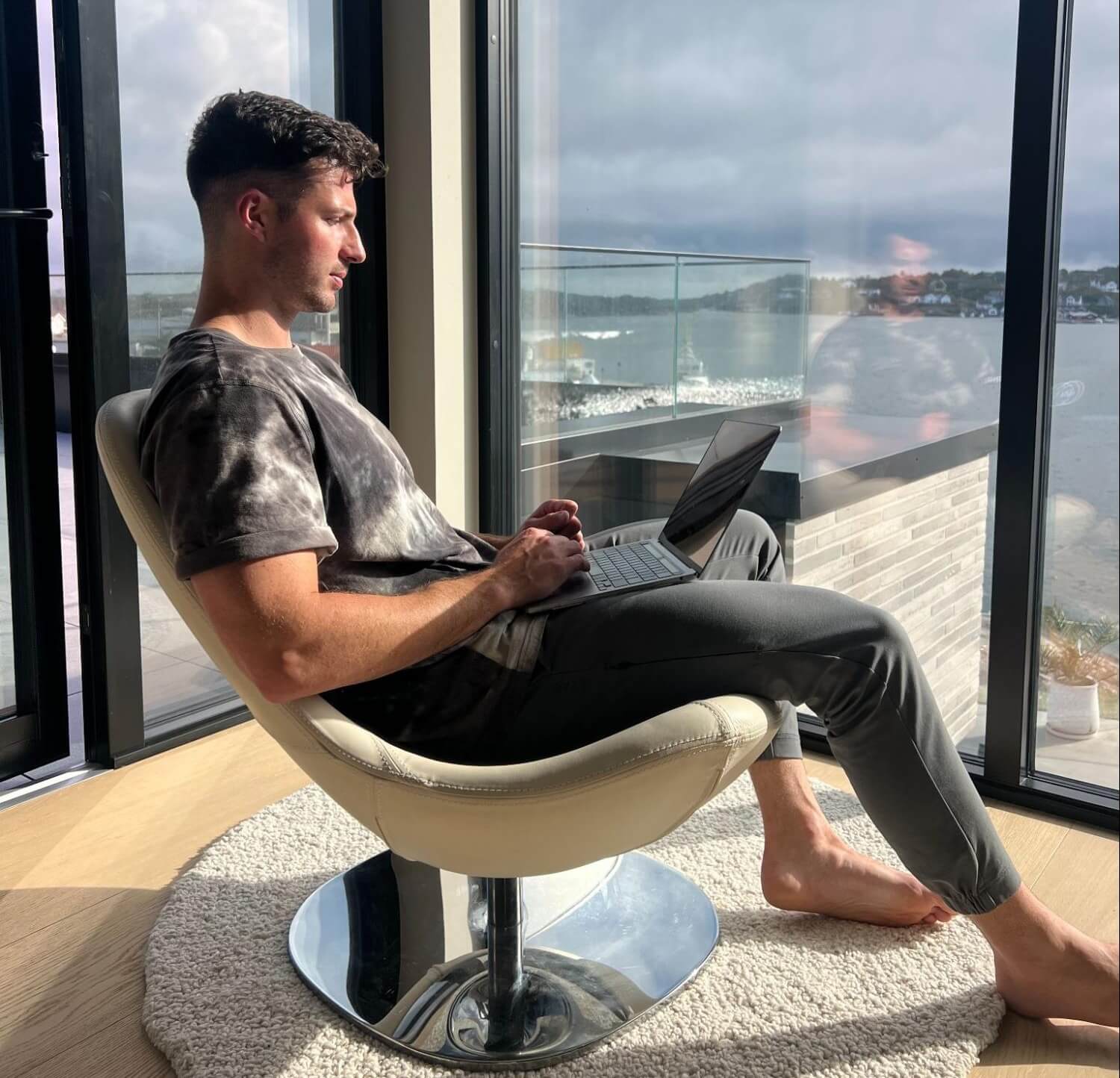Talking & Tasting With Oscar-Winning Director Steven Soderbergh
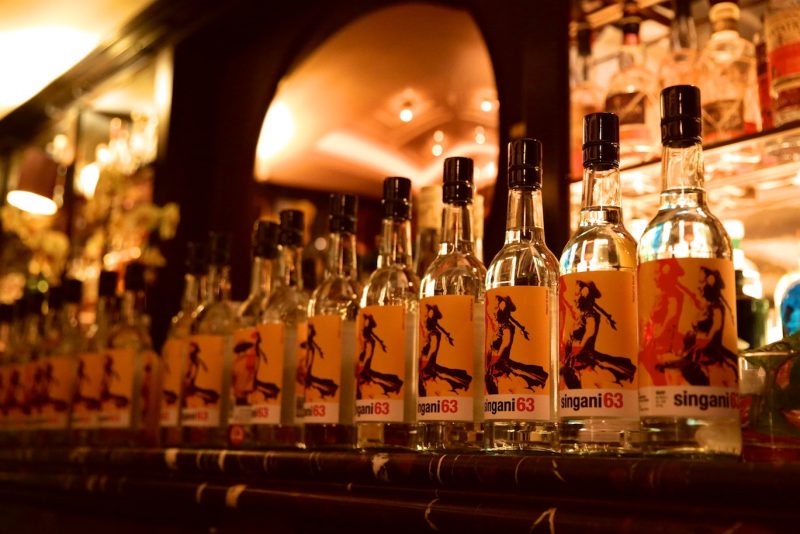 Photo Credit: Johnny Stephens Photography/Singani 63
Photo Credit: Johnny Stephens Photography/Singani 63
Oscar winning director Steven Soderbergh sat down (virtually) with Haute Living’s Seth Semilof at Aston Martin Residences Miami to discuss his latest film, Let Them All Talk, taste his award-winning new spirit, Singani63, and discuss why he was prepared when Covid-19 descended (hint: he’s the man responsible for making Contagion).
ALL ABOUT STEVEN SODERBERGH
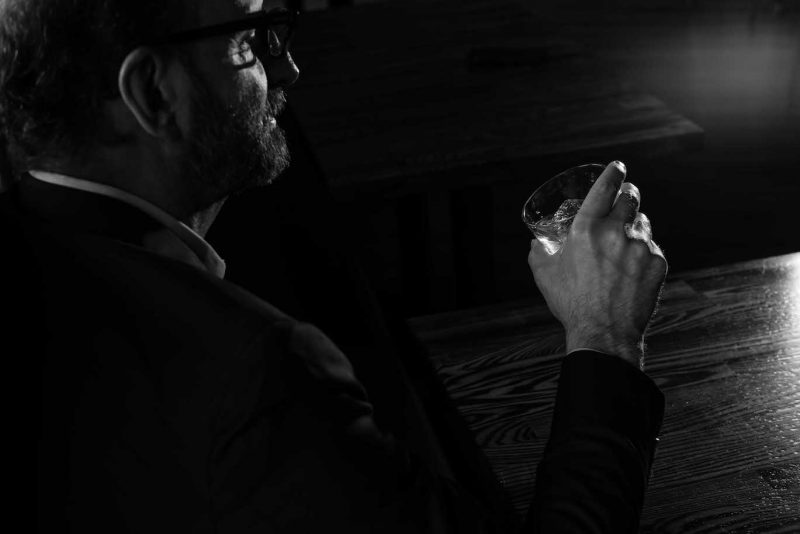 Photo Credit: Singani 63
Photo Credit: Singani 63
Steven Soderbergh is a writer, director, producer, cinematographer, and editor. He most recently directed the film Let Them All Talk, which debuted on HBO Max December 10. He earned the Academy Award in 2000 for directing Traffic, the same year he was nominated for Erin Brockovich, and the Emmy Award in 2013 for directing the HBO original film Behind the Candelabra. Soderbergh earlier received an Academy Award nomination for Best Original Screenplay for sex, lies, and videotape, his feature film directorial debut. That film also won the Palme d’Or at the 1989 Cannes Film Festival. He is also the founder of Singani63.
WHAT IS SINGANI 63
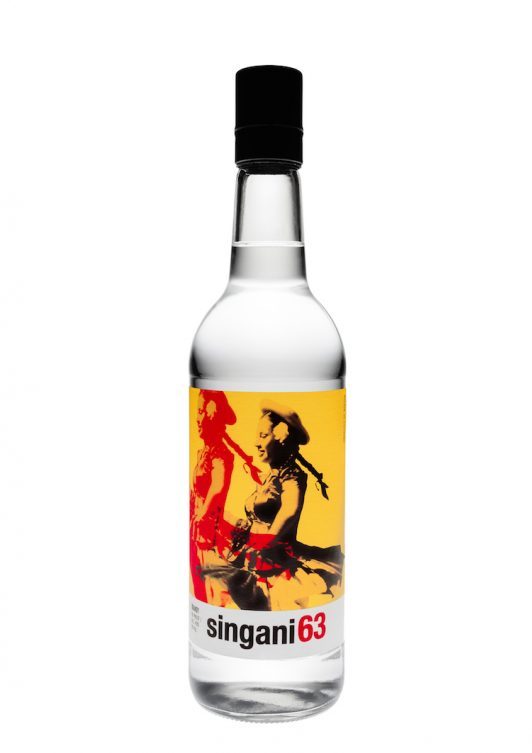 Photo Credit: Singani 63/_Afshin Chamasmany
Photo Credit: Singani 63/_Afshin Chamasmany
Singani63 is unique among spirits to be given both a DO (Designation of Origin) and a GI (Geographical Indication) since the grapes are grown at a minimum altitude of 5,250 feet and within the confines of the historic home of Singani in the Andes. The spirit won a Gold Medal Winner at the International Craft Spirit Awards, where judges were impressed by its unique character and clean finish. Singani 63 was awarded a Double Plutonium Award at the 2017 Trans-Galactic Spirit Encounter*, the first time a double award has ever been bestowed.
KEY QUOTES FROM OUR ZOOM TASTING
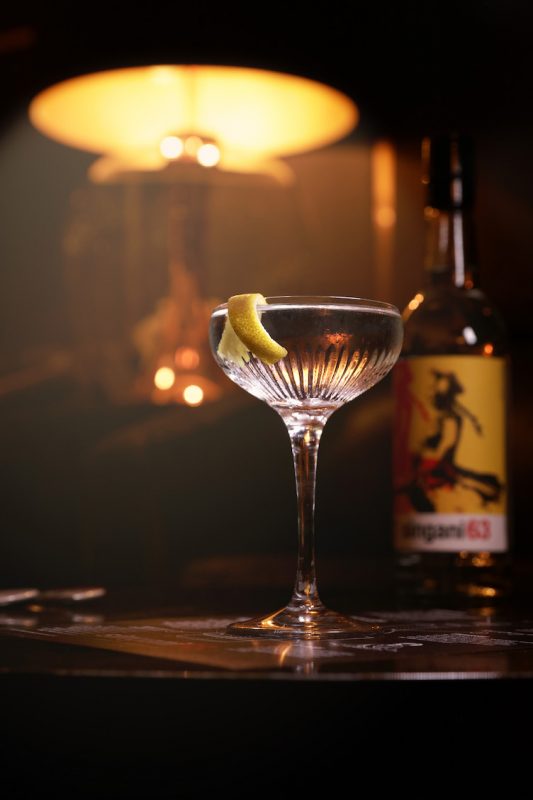 Photo Credit: Singani 63LET’S TALK ABOUT WHAT SINGANI63 ACTUALLY IS.
Photo Credit: Singani 63LET’S TALK ABOUT WHAT SINGANI63 ACTUALLY IS.
I should start by describing my my briefly my my history as a as a drinker. I considered myself a professional drinker and liked going to bars and restaurants and sampling all kinds of things. And at the point that I was exposed to Singani, I would have called myself primarily a vodka drinker. I would drink vodka on the rocks and that was my my sort of go-to, and I was fairly content with that. But in the summer of 2007, I was in Spain in Madrid and we were about to start shooting the two Che films, and my Bolivian casting director brought me a startup gift and it was a bottle of Singani. I’d never heard of it. I said, ‘Give me a two sentence description of this’ and he said, ‘It’s a it’s a white grape distillate. It’s the national spirit of Bolivia.’ It hasn’t been exported outside of Bolivia; he found it on the black market in Madrid. And I said, ‘Well, how do you drink it’ and he goes, ‘I just drink it on the rocks.’ And so we cracked it open and I had one of those immediate reactions where I clearly felt that I was going to have to call vodka and tell it that I’d met somebody else. And so that started a process over the course of the six months of shooting for the Che films in which I organized a mule train to have Singani follow us everywhere we went — every country we went, every location. By the end of the shoot, a pretty significant number of the crew — myself included — had gotten really hooked on it. And so I started a conversation with the, the company, the producer in Bolivia about possibly bringing it outside of Bolivia for the first time. And so, yeah, that was 13-and-a-half years ago. I was just going on the fact that I thought it was totally unique. I’d never tasted anything like it. Vodka doesn’t by law have a taste or smell. It’s supposed to be very neutral. This had an incredible sort of floral bouquet. It was very complex on the palate, and then it just disappears when you swallow it. I was used to the — what I call the secondary burn — which is what you get when you drink hard spirits straight. I was used to that. That’s the price of entry into the end zone. But this thing just vanished. And so I was just completely hooked and thought, ‘Well, if I had this reaction I think other people will have this reaction.’ I don’t think I’m imagining things. Certainly, all the people that live in Bolivia, don’t think they’re imagining things. I had no idea what I was getting myself into. I had no understanding of the spirit business or how it worked, nothing. I knew nothing. And so, that started us sort of long journey to educate myself and bring Singani to market.
The world has changed obviously pretty significantly in the year since the film was made. How has your personal life changed in the last year?
Well look, like everybody you know, from March mid March through the next four or five months, I was, I was in lockdown. My wife and I were in New York through all of that and we just stayed in. We were prepared for it because all of the consultants that I’d worked with on Contagion in 2011 had said, ‘This is going to be very serious and so you should be prepared to not leave your house for a while.’ So we were ready. But I think like a lot of people, when, when it didn’t sort of recede, in the latter part of the summer and it became clear this was just not going away in any sense, that’s when things got a little odd, even for somebody like me who who is not struggling. You begin to wonder, like, ‘Well, when is it going to get back to normal?’… Fortunately, I got a call from from Warner that the movie that I was about to start April 1 that got shut down in March said, ‘You know, we know how involved you’ve been in creating the protocols for the industry to go back to work. ‘Do you think you can remount this movie safely?’ And I said, ‘Yeah, I do.’ So, you know, I just a couple of weeks ago got back from Detroit, where we shot a new film, and we were able to do it safely and everybody’s OK. I’m in the I’m in the very, very small percentile of people that work in an industry that has been able to to basically go back to work safely, and that’s a really rare thing. So I feel very lucky.
WATCH OUR VIRTUAL TASTING AND CONVERSATION WITH STEVEN BELOW










